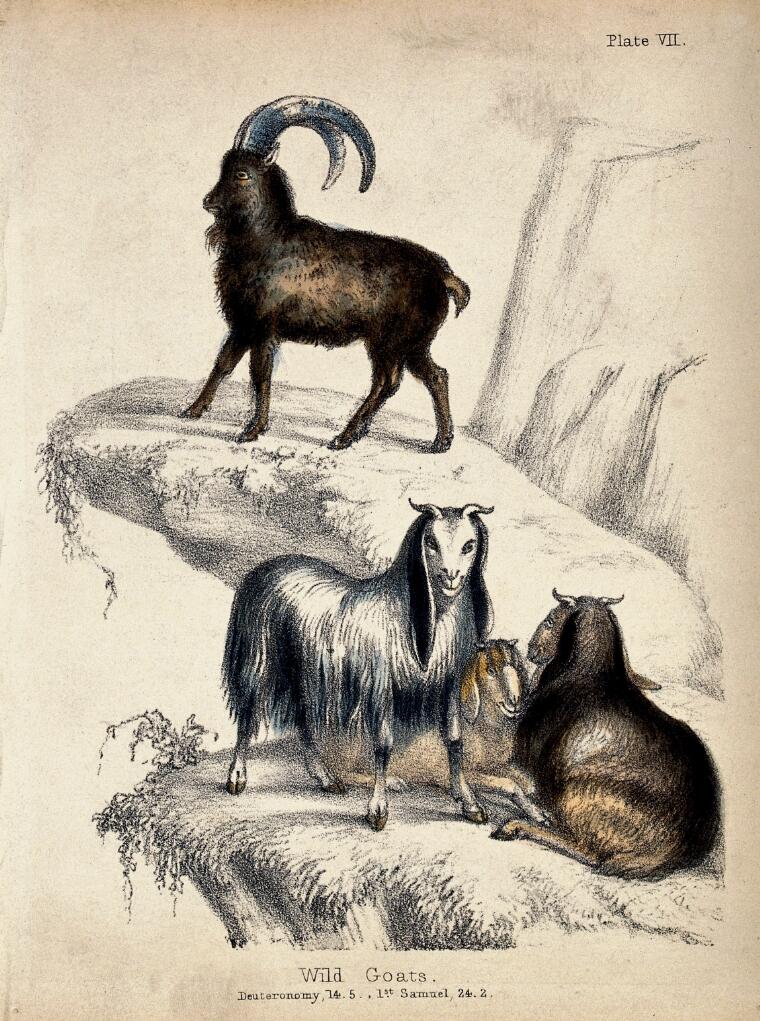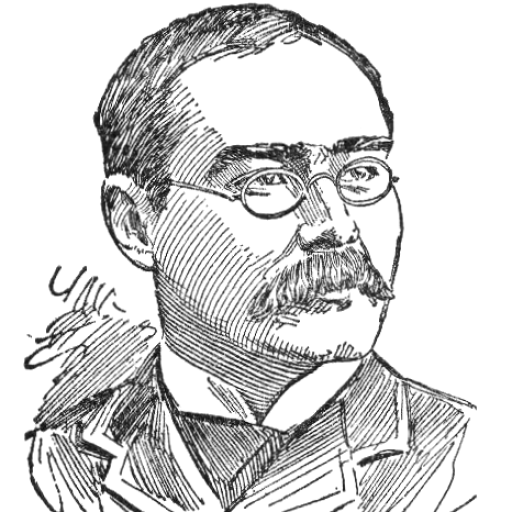Now the fall was ordained from the first …

Even more forcefully than ‘The Answer’, this poem encapsulates the Islamic philosophy of fatalism: everything is written and foreordained. Nothing can be changed, and the will of God must be accepted without questioning. The stone does not know for what sin it was “uptossed from the cliff where she lay in the sun … to the Tarn where the daylight is lost”; but it can at least have the consolation that it was not a caprice, not “as flies to wanton boys are we to the gods, they kill us for their sport”.
On the contrary, “the fall was ordained from the first / with the Goat and the Cliff and the Tarn”, as a part of a vast Divine plan which is as far above the understanding of the stone – or our own understanding – as is the above line from Shakespeare’s ‘King Lear’ beyond the understanding of the innocent animals and plants that Shakespeare had dined on, and that gave him the nourishment to write it.
This seemingly rhymeless poem has in fact quite a complicated rhyme: the first and second verses are composed of six lines each, where the first line rhymes with the fourth, the second with the fifth and the third with the sixth. The same goes for the third verse, except that for emphasis it has eight lines of which the third rhymes with the second and the seventh with the sixth.
By the Hoof of the Wild Goat
By the Hoof of the Wild Goat uptossed From the cliff where she lay in the Sun Fell the Stone To the Tarn where the daylight is lost, So she fell from the light of the Sun And alone! Now the fall was ordained from the first With the Goat and the Cliff and the Tarn, But the Stone Knows only her life is accursed As she sinks from the light of the Sun And alone! O Thou Who hast builded the World, O Thou Who hast lighted the Sun, O Thou Who hast darkened the Tarn, Judge Thou The sin of the Stone that was hurled By the goat from the light of the Sun, As she sinks in the mire of the Tarn, Even now - even now - even now!
